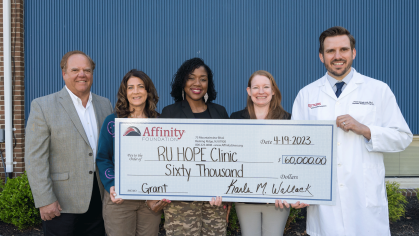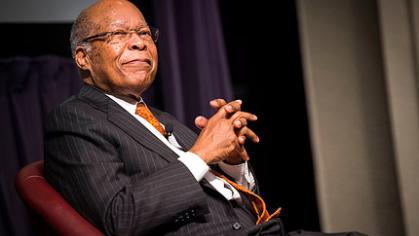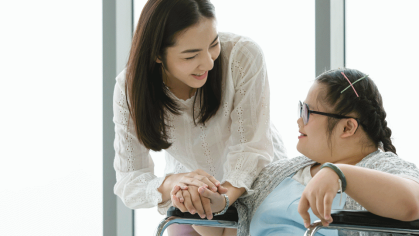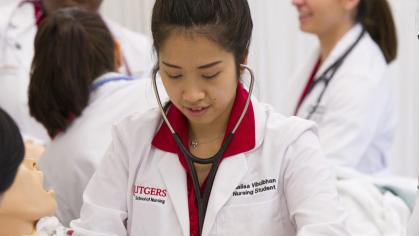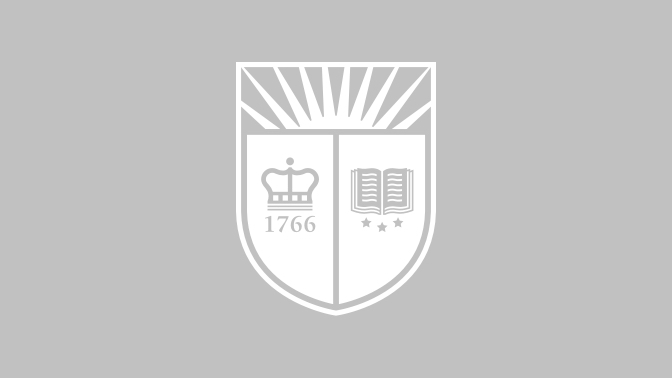
The Health Outreach Practice Experience (H.O.P.E.) Clinic, a free health clinic in the Rutgers School of Health Professions that serves uninsured patients in Plainfield, N.J., has received a grant to transition from a paper-based system to an electronic health record (EHR) system.
